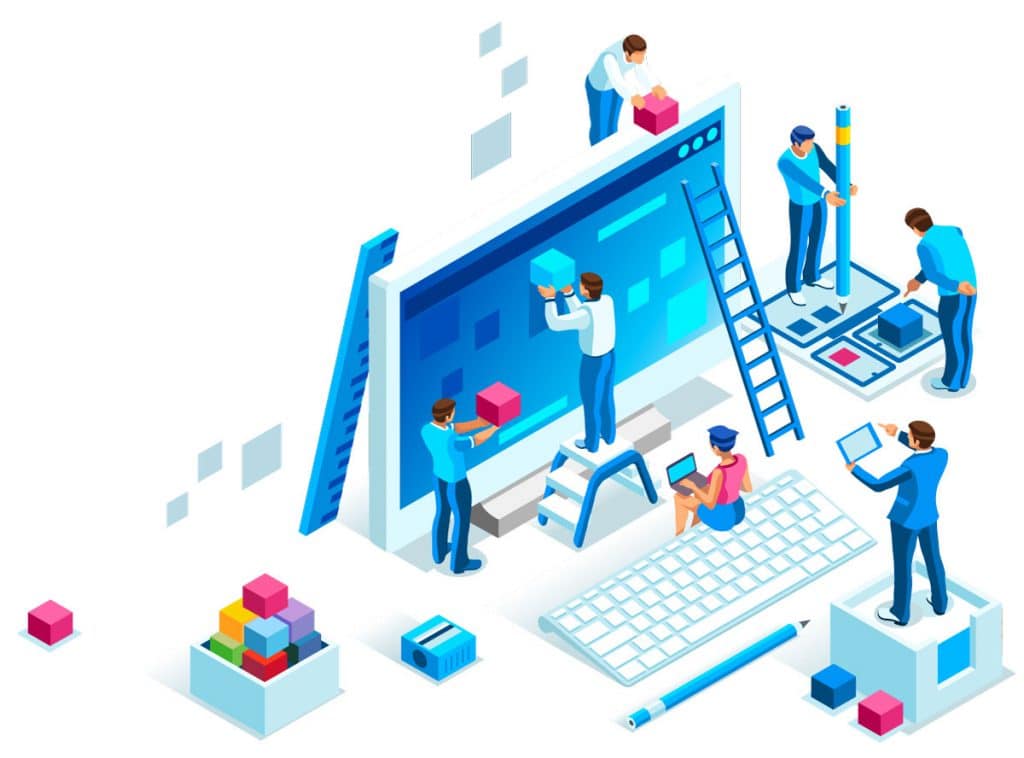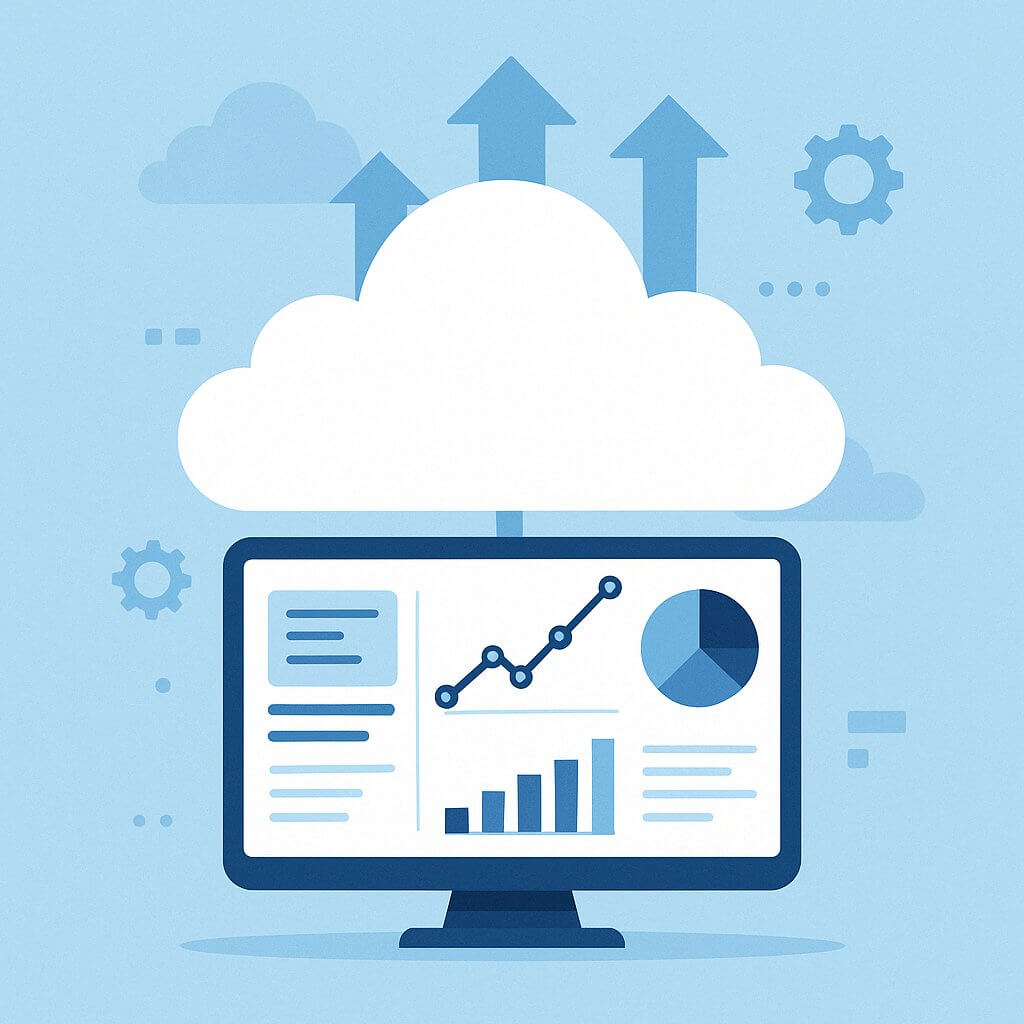Advanced Digital Solutions for Complex Needs

Software Development at GOLINE SA is never one-size-fits-all. Every project is unique, and our mission is to develop personalized software solutions that fully support our partners’ goals—ensuring efficiency, innovation, and scalability.
We specialize in a wide range of industries—including logistics, catering, hospitality, nautical, equestrian, HR, biometric integration, and laboratory systems—offering robust, sector-specific software that addresses real-world operational challenges.
User Experience (UX) at the Core
A great software solution isn’t just powerful—it’s also intuitive and enjoyable to use. That’s why user experience (UX) design is embedded throughout our development process.
We conduct usability testing and gather continuous feedback to refine each feature and interface, creating tools users love to work with.
Agile + DevOps = Faster, Smarter Delivery
Our approach combines agile development methods with DevOps practices to increase speed, quality, and responsiveness. By promoting collaboration between development and operations teams, we ensure smoother deployments and faster iterations.
This allows us to react quickly to evolving client needs while delivering stable, high-performing software.
Cloud-First, Future-Ready
Cloud computing is at the heart of modern business. We leverage scalable, cost-effective cloud platforms to facilitate real-time collaboration, reduce deployment complexity, and give clients access to their systems from anywhere, anytime.
AI and Smart Automation
AI is transforming software development, and we integrate it strategically to enhance functionality and user engagement.
From personalized recommendations in e-commerce to predictive insights in logistics, our AI-driven solutions make software smarter, more efficient, and more impactful.

Innovation and Market-Driven Development
To stay ahead, we constantly monitor industry trends and evolving technologies like AI, machine learning, and blockchain.
Market research guides our roadmap. For example, after identifying a demand for real-time tracking in logistics, we developed advanced tracking modules that significantly boosted operational transparency and efficiency.
The GOLINE Method: From Idea to Impact
We follow a structured Software Development Lifecycle (SDLC) consisting of:
- Planning & Analysis
- Design & Prototyping
- Development & Testing
- Deployment & Continuous Support
Stakeholder collaboration is essential at every step. Regular feedback and reviews ensure alignment with expectations and help us create systems that are both functional and user-friendly.
Cutting-Edge Tools & Best Practices
We use industry-leading tools like JIRA for project management and Git for version control, ensuring clear task tracking, seamless collaboration, and structured development pipelines.
Automated Testing and Ongoing Training
Quality is non-negotiable. We implement unit, integration, and user acceptance testing—much of it automated—to catch issues early and ensure system integrity.
We also provide in-depth training post-deployment, helping clients get the most out of their software and boosting end-user confidence.
Proactive Maintenance & Long-Term Support
Our responsibility doesn’t end at launch. We offer proactive monitoring, performance optimization, and regular updates to keep systems running smoothly and securely.
Our maintenance strategy anticipates issues, reduces downtime, and keeps users satisfied.
Sustainable, Responsible Development
We care about our impact. By optimizing our code and choosing energy-efficient cloud services, we help clients lower their digital carbon footprint while maintaining high performance.
Your Strategic Partner in Digital Transformation
With over 20 years of experience, GOLINE SA is more than a service provider—we are a trusted partner dedicated to your long-term success.
Let’s turn your vision into a high-performing, future-ready software solution.
👉 Contact us to discuss your project.
Technologies partner: https://dotnet.microsoft.com/en-us/
